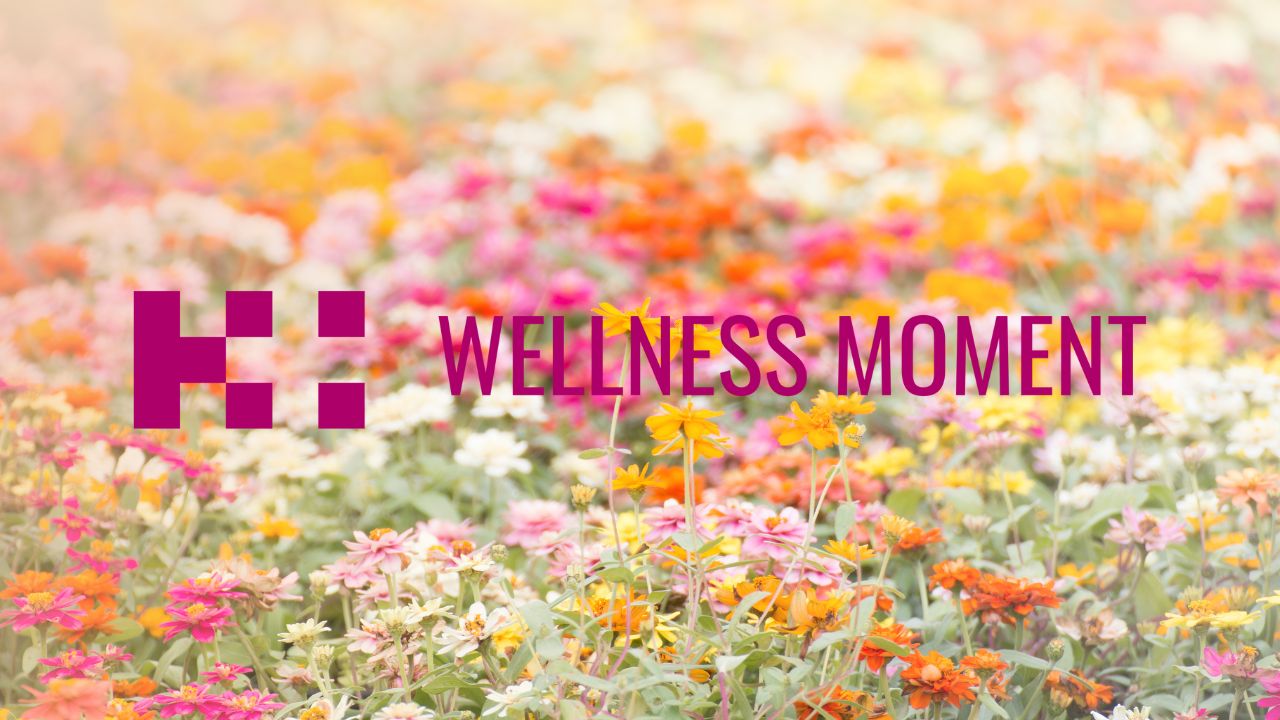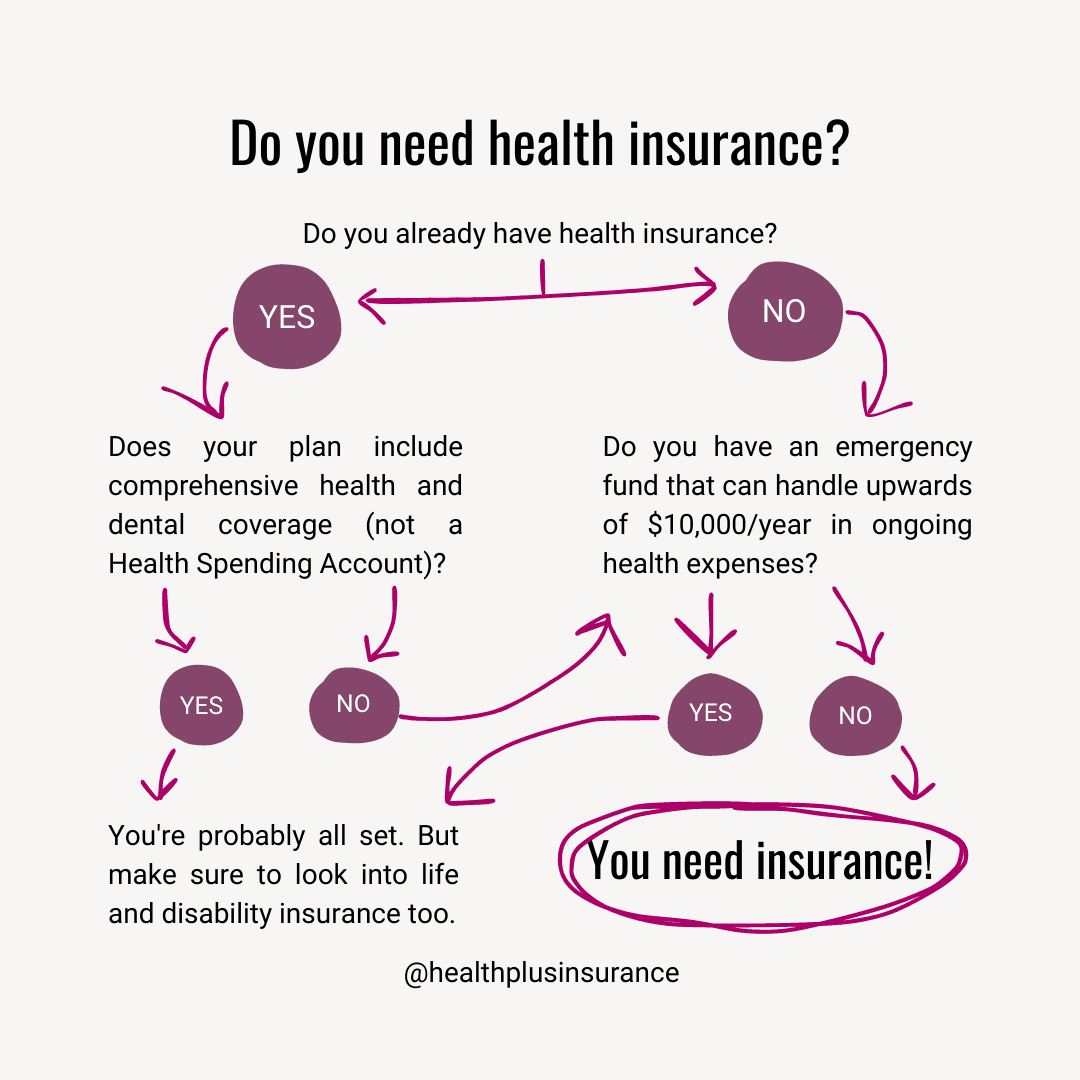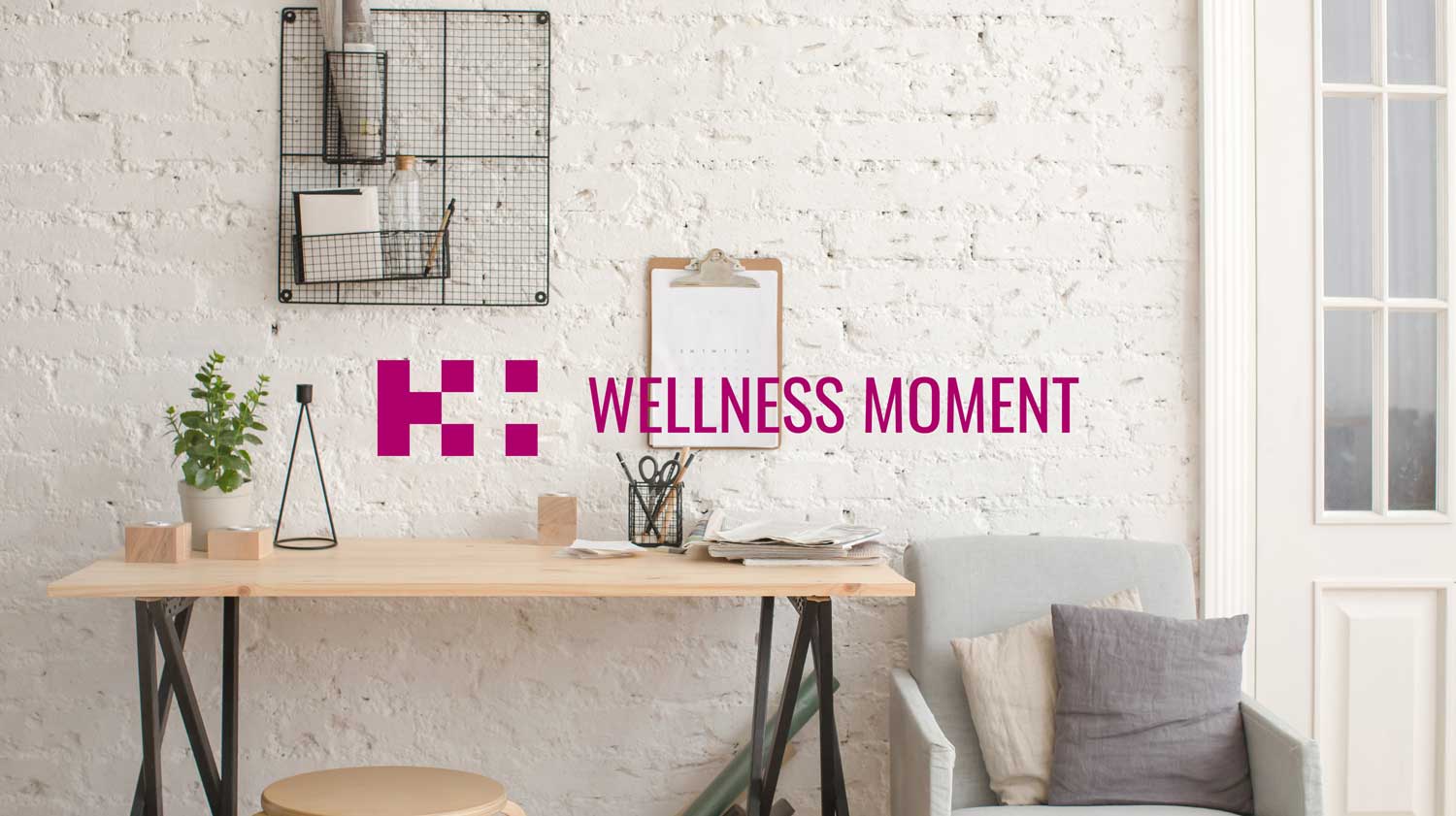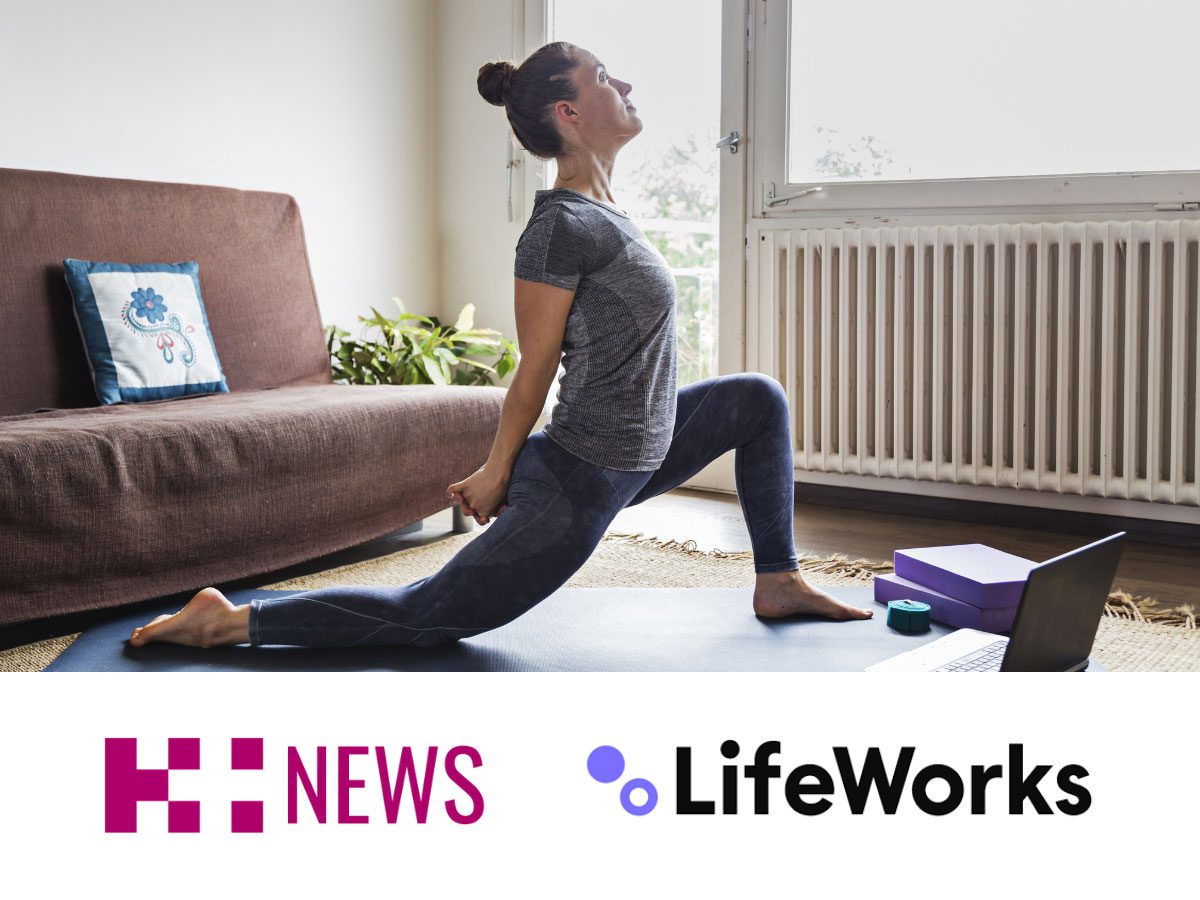
Spring Wellness Moment: 5 Tips to Take Better Care of Your Mental Health

5 Tips to Take Better Care of Your Mental Health This Spring
May is mental health awareness month. The timing is fitting. Spring weather can bring a boost in mood and inspire a refresh of mind and body. But taking care of our mental health is a year-round commitment. If you feel your mental health could use extra focus right at any time, you’re definitely not alone. Millions of Canadians struggle with mental health issues, excess stress and burnout. Here are some tips to kickstart a healthy routine.
Make a Plan
Just like taking care of our physical health it’s best to have a plan for our mental health. This can involve a regular self-care ritual, going to therapy, starting an exercise routine, daily meditation, adding more healthy foods to your diet, setting boundaries to manage stress, and more. Don’t try to tackle too much at once. Instead, focus on one or two areas that you think will have an impact, and start small.
Get Outside
As the temperature rises and the days get longer, there are more opportunities to spend time outside. Just being in nature can relieve stress and improve mood, among other health benefits. The boost of dopamine, norepinephrine and serotonin you get from moving your body, whether from a bike ride, hike, or walk around the block, can calm anxiety, and improve concentration and memory.
Prioritize Sleep
In our busy lives we often undervalue the importance of sleep. But consistently getting enough high-quality sleep (7-9 hours per night) improves both physical and mental health outcomes. Poor quality sleep is linked to higher levels of anxiety and depression, difficultly controlling emotions, and reduced attention and problem-solving skills. And while sleep needs vary from person to person, research suggests women may need slightly more sleep on average than men.
Connect with Others
Community is a powerful tool in our mental health toolkit. A safe, accepting, and supportive community can include family, friends, neighbours, healthcare providers, and colleagues. All can provide a positive support network and help build resilience. The benefits are doubled when you also practice compassion to those around you.
Do Some Spring Cleaning
Many people use this time of year to refresh their space as well. There is a link between a clean home and improved mental health. Clutter can contribute to stress, negatively impact focus, and increase tension. Cleaning and decluttering can feel overwhelming, especially if you’re struggling with depression or other health issues. Remember to start small. Tackle a single space or task or set a timer for a quick tidy. Even 10 minutes can make a big difference.
Mental Health Resources from Health Plus
If you’re a Health Plus plan member, login to your Telus Health One account to connect directly with a professional counsellor who can help develop a plan for you. The app also includes hundreds of digital resources you can use on your own. The physical and mental health topics included stress management, nutrition, fitness, nurturing positive relationships, and more.












